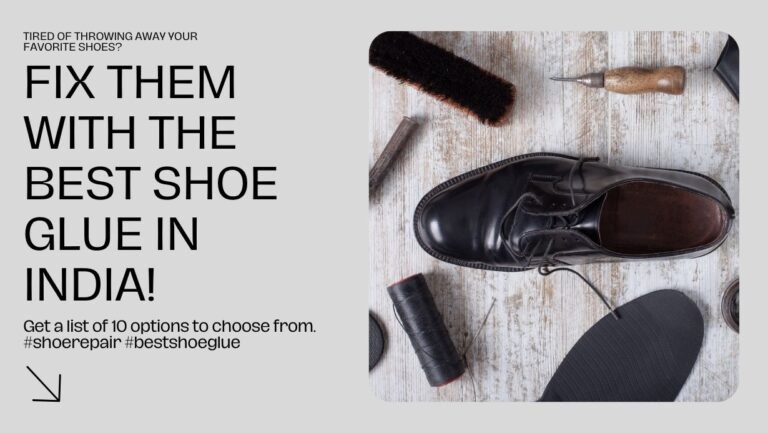Do you suffer from Achilles tendonitis and want to stay active? Choosing the right running shoes is key for avoiding further injury and allowing your body to heal.
In this article, we’ll discuss the importance of having the right pair of shoes, features to look for in a good pair, brands that offer shoes suited for Achilles tendonitis, and tips on choosing the perfect pair.
Get ready to take control of your recovery and find the best running shoes for your feet!
Key Takeaways
- Correct footwear is essential for managing Achilles tendonitis.
- Good running shoes for Achilles tendonitis should have arch support, cushioning, and ankle stability.
- Extra cushioning in the midsole and heel reduces impact on joints.
- Brands like Saucony, Asics, and Brooks offer shoes with support and cushioning specifically for Achilles tendonitis.
Overview of Achilles Tendonitis
Achilles tendonitis is an inflammation of the tendon that connects the calf muscles to the heel bone, and can cause significant pain. Treating symptoms often includes rest, ice, compression, and elevation.
Causes may include overuse or inadequate stretching before activity. Diagnosis typically involves physical examinations and imaging tests such as X-rays or MRI scans.
With proper care and treatment, you can find relief from this condition and keep running with freedom!
Importance of the Right Running Shoes
Choosing the correct footwear is essential for managing your tendonitis. Preventative stretching and supportive insoles can help you stay active without pain.
Look for shoes with a deep heel cup to provide superior ankle stability, good cushioning to absorb shock, and flexible soles that let your foot move naturally. Consider lightweight materials that are breathable and comfortable while still offering arch support.
Talk to a podiatrist if you need help choosing the right running shoes for your unique situation.
Features of Good Running Shoes for Achilles Tendonitis
If you suffer from Achilles tendonitis, it’s important to find the right footwear that offers arch support, cushioning, and ankle stability.
To preventative care for your feet, look for shoes with extra cushioning in the midsole and heel to reduce impact on your joints. Consider a shoe with motion control technology to limit pronation of the foot and provide additional ankle support.
With the right fit and cushioning needs, you can find a running shoe that is comfortable while providing adequate support for Achilles tendonitis.
Brands of Running Shoes for Achilles Tendonitis
You can find a variety of brands offering running shoes designed with the support and cushioning necessary to help manage Achilles tendonitis. Saucony, Asics, and Brooks are just a few of the great options available for runners seeking prevention methods against this condition.
Different types of cushioning—such as gel or foam—can be found in most sneakers to provide extra comfort and protection.
Many brands offer specialty shoes tailored to those suffering from Achilles tendonitis, so make sure you do your research before making your decision!
Tips for Choosing the Right Running Shoes
Finding the right pair of sneakers for your running routine requires research and knowledge. To prevent any injury or discomfort, look for shoes that offer arch support, cushioning, and a snug fit.
Proper form when running is also essential; therefore, select shoes with stability features such as flexible midsoles and traction control.
Additionally, make sure to update your sneakers regularly and rotate them to ensure they are providing the best comfort and protection.
Frequently Asked Questions
How long should I wear a good running shoe for Achilles Tendonitis?
You should wear a good running shoe for as long as your doctor or physical therapist recommends. Stretching exercises and physical therapy may help reduce the pain associated with Achilles tendonitis, so it’s important to consult a professional about what’s best for you.
How much cushioning should my running shoe have for Achilles Tendonitis?
When dealing with Achilles tendonitis, it’s important to look for running shoes that provide cushioning and support. Consider adding stretching techniques and orthotic inserts to further reduce stress on the area. It is also important to consider any other medical conditions you may have before investing in a shoe.
Is there an ideal heel-to-toe drop for running shoes for Achilles Tendonitis?
When it comes to preventing Achilles tendonitis, the right fit and heel-to-toe drop of your running shoe is key. Aim for a 4mm drop or lower for best results. Anything higher can increase stress on your tendon and lead to injury.
What type of arch support is most beneficial for Achilles Tendonitis?
For Achilles tendonitis, preventive care and motion control are key. For arch support, a shoe with firm cushioning and a moderate amount of stability is recommended. This combination will provide adequate support while allowing for natural foot movement.
What type of material is best for running shoes for Achilles Tendonitis?
For achilles tendonitis, look for running shoes with stability control and pronation reduction. Choose materials that offer support and cushioning to reduce impact on the tendons while allowing for freedom of movement. Opt for breathable fabrics that keep your feet cool and comfortable as you exercise.
Conclusion
You’ve come to the right place for information about finding the best running shoes for Achilles tendonitis.
It’s important to pay attention to features such as cushioning and arch support, as well as the brand that fits your needs.
With a little research, you can find a pair of running shoes that will help you manage your condition while still allowing you to stay active.
Don’t forget to consult with a medical professional if needed, and take the time to make sure you have chosen the best option for your individual needs.







